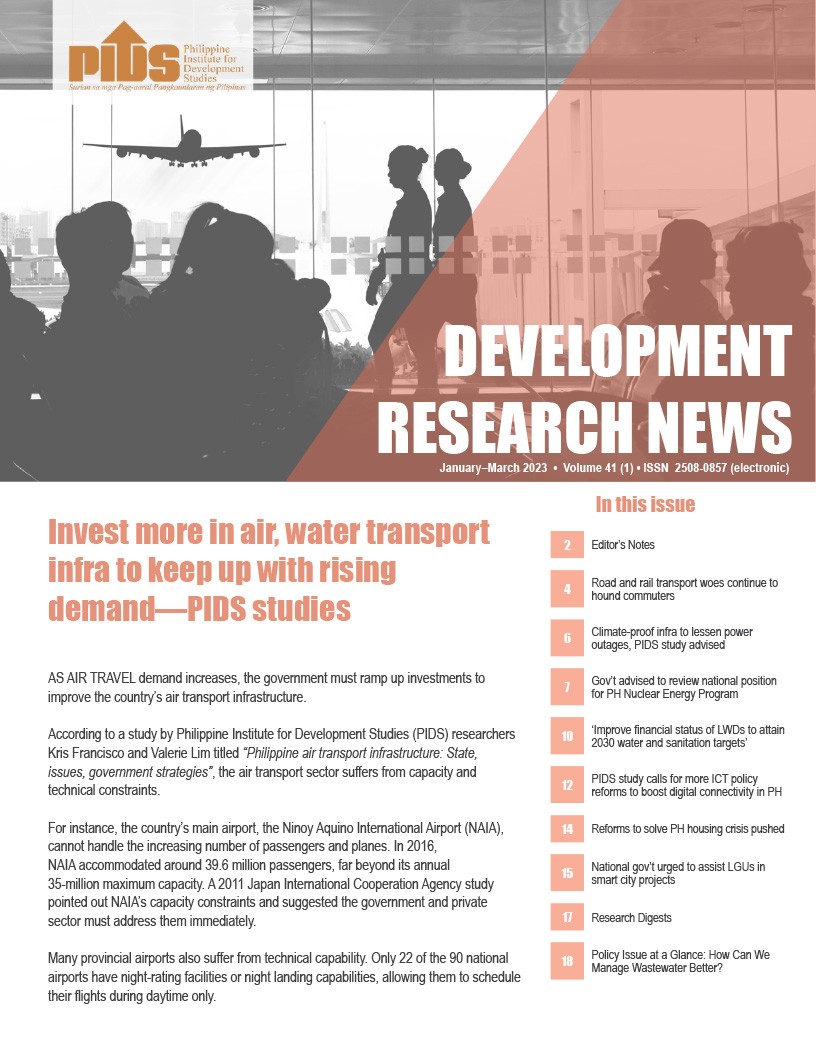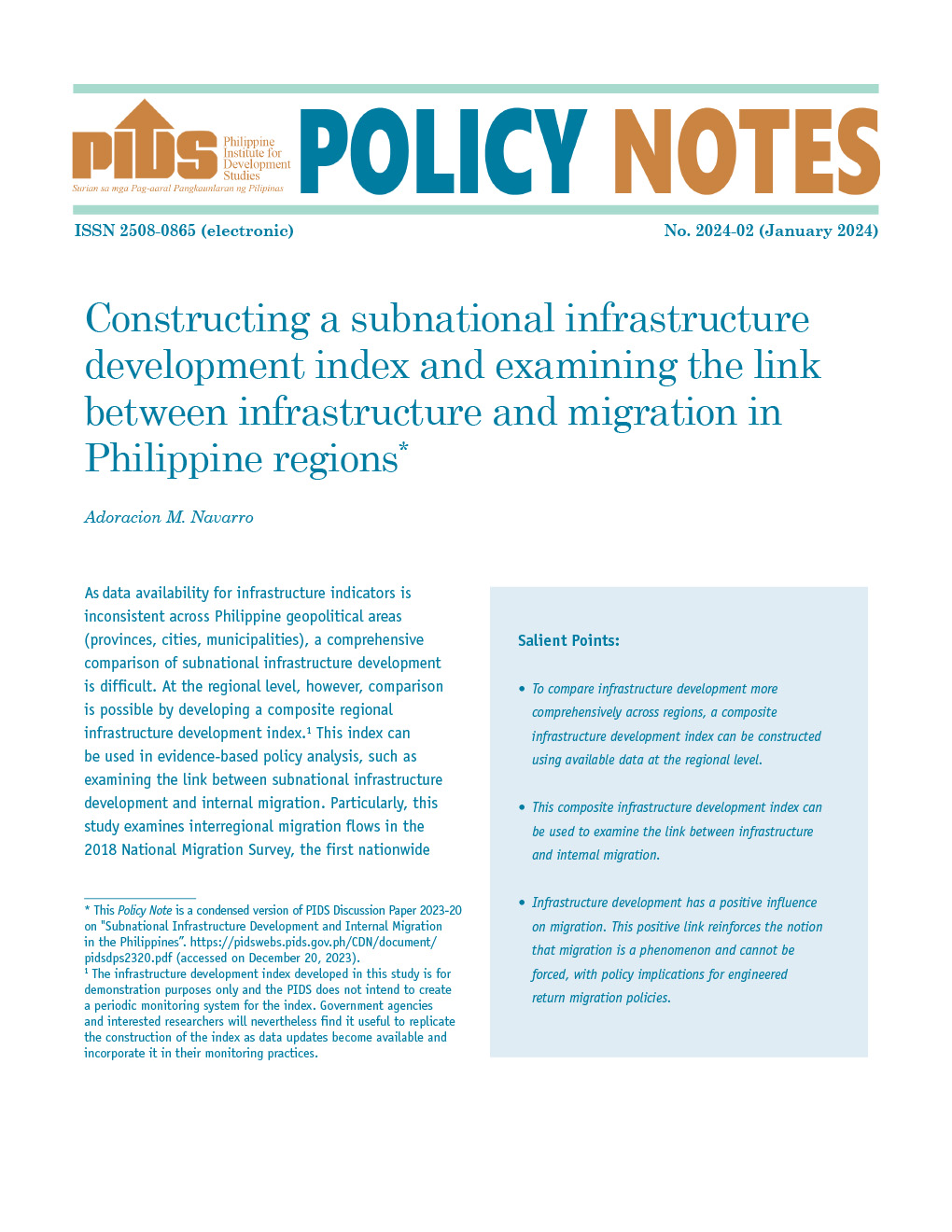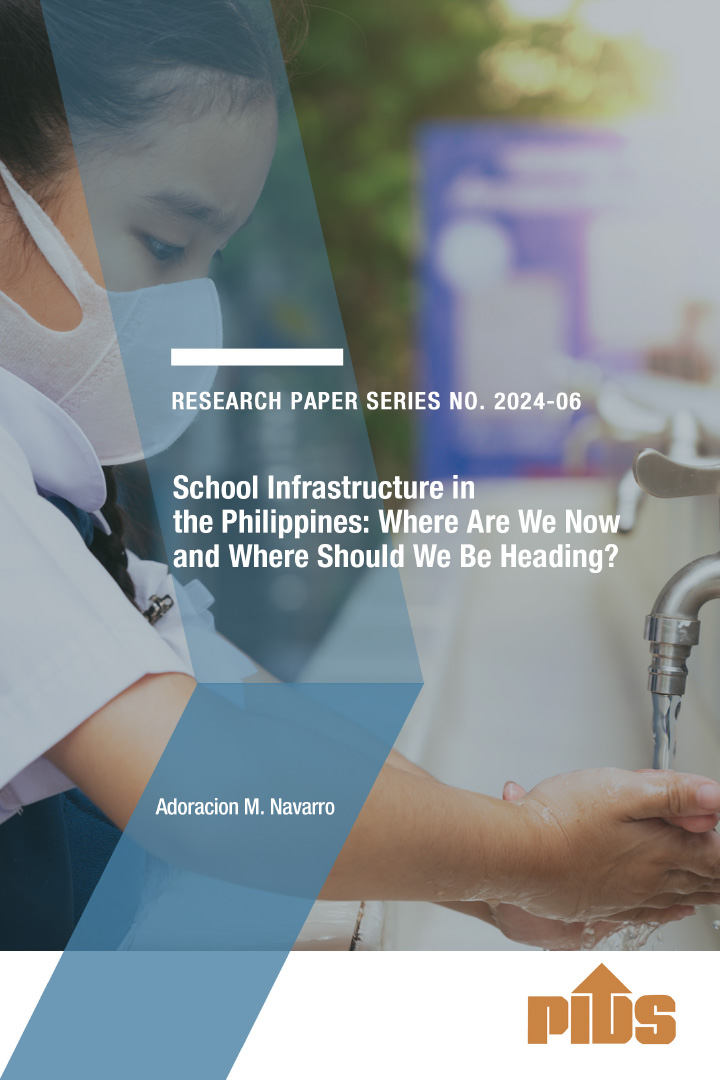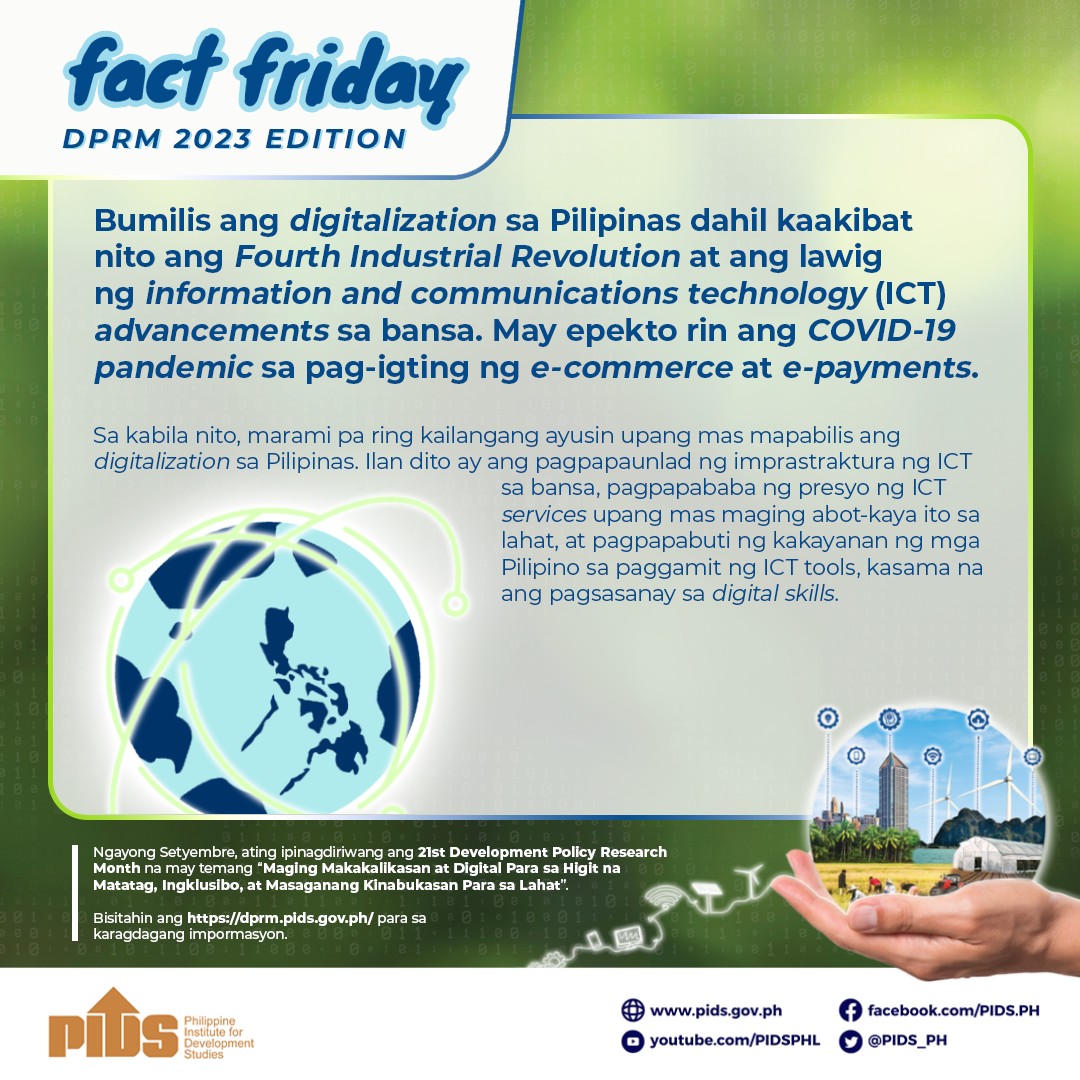A PACKAGE of structural reforms is needed to reboot the country’s telecommunications sector and make it an engine of growth aligned with international best practices, state-run think tank Philippine Institute for Development Studies (PIDS) said.
The Philippines would not be a key player in the global IT-BPM [information technology-business process management industry today if the government had earlier failed to open up telecommunications to competition,” PIDS said in a discussion paper.
More than two decades ago, the country embarked on a bold liberalization program which has produced significant benefits to the sector, the think tank noted.
However, the quality of Philippine telecommunications regulatory environment is significantly below international best practice
Using a scoring system developed by the International Telecommunications Union (ITU) where 100 points represent the best possible scenario, the Philippines is only midway towards the ideal with a score of 52.50,” PIDS said.
That score is the second lowest among seven states of the Association of Southeast Asian Nations: Cambodia (71), Malaysia (86), Myanmar (23.8), Singapore (87), Thailand (82.7 and Vietnam (72.5).
Best practices
Although the Philippines has a separate regulator, the National Telecommunications Commission (NTC) is not independent “in terms of finance, structure, and decision-making from the operator(s) and the sector Ministry” as required to be aligned with international bet practices, PIDS noted.
There is lack of regulatory mandate over interconnection rates and universal access and service in the sector. According to the ITU, it should be handled by an unbiased and independent regulatory authority.
Another factor is the licensing process. Obtaining the necessary authorization to provide telecommunications services is done at two levels. A license in the form of a franchise is first obtained from Congress and then a Certificate of Public Convenience and Necessity (CPCN) must be obtained from the NTC, PIDS said.
Based on international best practice however, the first step is not necessary and an unbiased and independent regulatory authority with its knowledge and tools is in the best position to determine authorizations. In APEC, [Asia Pacific Economic Cooperation] which is composed of both developed and developing economies, the Philippines is the only member where legislative approval is required before one can apply for a certificate to operate from the regulator,” it said.
The think tank said handling consumer complaints is divided between the NTC and the Department of Trade and Industry (DTI), but there is no entity that provides comparative tariff information.
There is also no single body—a “converged regulator”—with authority over information and communications technology, and media and broadcasting
In terms of the types of licenses available, PIDS said the Philippines does not issue global and unified licenses which is considered optimal and reflects increased market liberalization.
The Philippines, like, does not compel operators to make information related to interconnection to be made publicly available. Myanmar, however, does require quality of service (QoS), whereas this is not the case in the Philippines, the only one in the group,” it said.
Recommendations
A package of structural reforms is needed to reboot the sector and truly make it an engine of economic development that will help achieve the national long-term vision,” PIDS said.
The set of reforms consist of significant improvements in both the governance and substance of the regulatory system.
Specific rules or interventions and further liberalization are essential components, but will only work if an effective regulatory authority with the right mandate is in place.
PIDS noted.
These include restructuring the NTC to ensure its independence, diversifying its sources of funding and allowing it to set higher, more appropriate fines to deter bad behavior.
Congress should no longer be involved in granting franchises as the regulator should have the sole industry licensing authority.
Information that will be useful to consumers should be made available and the mandate of the regulator should eventually be expanded in line with the emergence of new services,” PIDS suggested.
An important concern is universal access and service as market reforms will not be meaningful unless inclusive development is achieved.
We need to develop a better strategy and this should be aligned with a set of good practice criteria. There are possible models from around the world that we can learn from and adapt to the unique requirements of the Philippines,” PIDS said.
Reforms needed to reboot PH telecoms sector — PIDS












